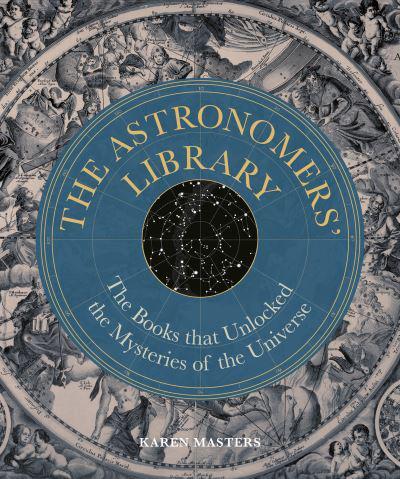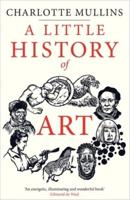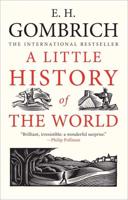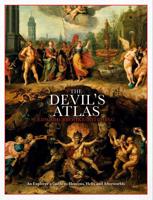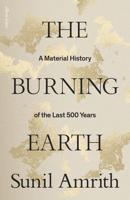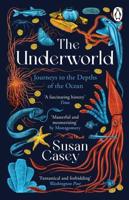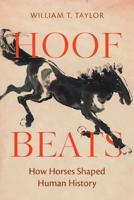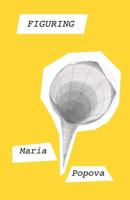Publisher's Synopsis
Indulge in this collection of the best astronomy books from the past 800 years. The Astronomers' Library is a rich history of astronomy (and astrology) publishing across Europe.
This is a carefully selected arrangement of publications from all over the continent - Germany, France, Italy, Netherlands, Spain, and the UK. And of course, as the original world leader in astrology, the middle east is featured, with multiple books from Persia.
Humankind has looked to the heavens since the dawn of time, wondering what is out there, as well as how everything works and (originally) who was responsible for it. Every tribe, race and civilization has wondered about our place in the universe and what lies beyond and what lies within it, below our feet.
Lately, attention has turned to the origins of the universe. From the turn of the millennium, knowledge and ideas were recorded, first on tablets or rock, then in the form of simple manuscripts, and eventually in a much more elaborate fashion as illustrative and engraving skills evolved.
The advent of printed books saw the production of highly illustrated tomes that showed off the skills of the printers as well as the newfound knowledge of the scholars and artists that wrote them.
Many of these works pushed the boundaries of illustrated publishing (and continue to do so to this day). They commanded expert illustrators and skilled engravers and hence didn't come cheaply. They were treasured in the libraries of the wealthy and their intrinsic worth has meant that there is an incredible wealth of beautifully preserved historic examples from the 14th century onwards.
The significant difference we acknowledge today between astronomy and astrology has a relatively recent past, and the stars have long been associated with creatures, gods, characters and all sorts of divine beings. The study of such has a long, fascinating history that is shown in beautiful detail in the pages of these many beautiful books, and the transition from seeing the stars as characters to understanding them as spinning, celestial beings and part of our huge universe is akin to witnessing the history of the world.
As far back as the tenth century, Persian scholars such as Abd al-Rahman al-Sufi was recording his findings, observations and speculations on the wider universe, in his Book of Fixed Stars. The focus turned to Europe in the Middle Ages, with Germany, Holland and England the centres of study and publication. Following the "Copernican Revolution", observation and study underwent a radical change, paving the way for astronomers such as Kepler, Galilei and Newton to shed further light on the nature of the planets and stars of our known systems, and the ground beneath our feet. Each of those famous names contribute to the illustrated books that are featured within.
